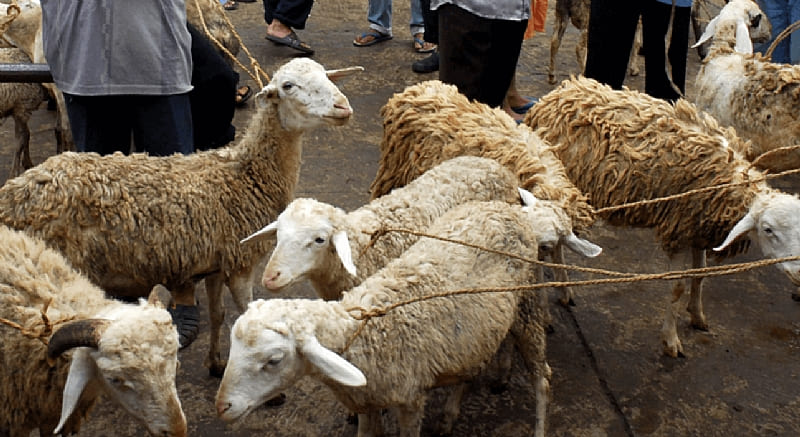Qurbani Money
Qurbani is a religious practice in Islam involving the
sacrifice of
an animal, typically a goat, sheep, cow, or camel,
during the Islamic festival of Eid al-Adha.

Qurbani Tradition
It commemorates the willingness of Prophet Ibrahim (Abraham) to sacrifice his son in obedience to God’s command, which was ultimately replaced by the sacrifice of a ram. The meat from the sacrifice is divided into three parts, with one-third given to the poor, one-third shared with relatives and friends, and one-third retained for the family. Qurbani is a symbol of faith, gratitude, and charity, promoting the sharing of blessings with the less fortunate.
